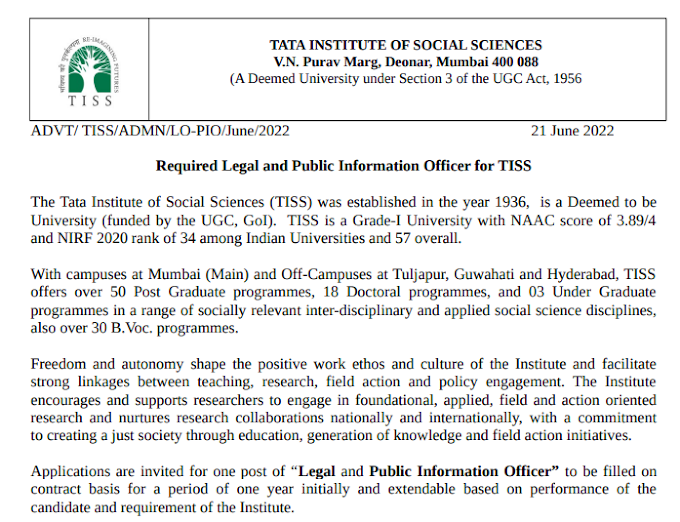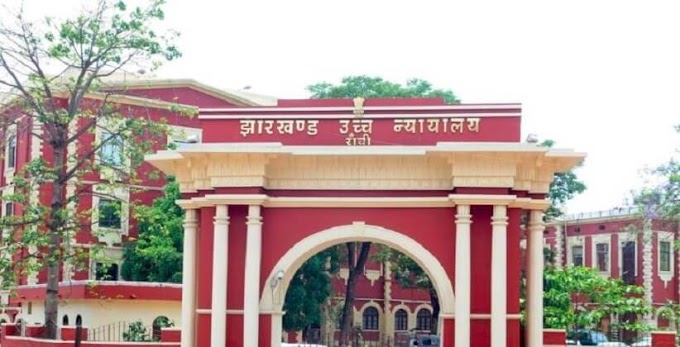British Practitioners
Solicitors: Prior to the enactment of the Advocates Act, solicitors referred to British solicitors who were permitted to practise in the High Courts in pre-Independence India. Today, in the Bombay and Calcutta High Courts there is a separate class of legal practitioners, known as solicitors, who prepare the case, but do not argue in court.
Barristers: Barristers of England had come to occupy a predominant position in the legal profession in the British India . On the Original Side of the Calcutta High Court, only Barristers could practice even though the distinction between Barristers and Vakils had been removed by other High Courts.
Attorneys: Attorneys previously only referred to British attorneys or solicitors but now this definition is sometimes used to refer to advocates.
Indian Practitioners
Vakil: Vakils were native practitioners who were qualified to appear and practise in the High Courts of pre- Independence India. The Legal Practitioners Act had laid down additional requirements for a law graduate to be eligible to qualify as a vakil. This class of practitioners does not exist now.
Pleaders: Law graduates who did not possess the additional qualification for enrolment as vakil of the High Court and non- law graduates who could pass the pleadership examination held by the High Court were given certificates enabling them to act and plead as pleaders in the district and subordinate Courts. The pleaders had entry into the High Court only after gaining an experience of a
Mukhtars: Mukhtars were another class of practitioners in the subordinate courts. They were persons who had after passing the Entrance Examination corresponding to the Matriculation Examination of the later times passed the Mukhtarship Examination held by the High Court. Although their sanads or licences permitted them to practise in all subordinate courts, they were by reason of the High Court Rules and Orders, mainly confined to acting and pleading in the criminal courts in the mofussil. These mukhtars were not permitted to plead in any subordinate civil court.
Advocates:
Prior to the enactment of the Advocates Act, the term "advocates" referred only to English and Irish barristers and members of the Faculty of Advocates in Scotland. This class was permitted to practise in the Supreme Court of Judicature in Bengal, to the exclusion of native practitioners. However, today this term is used to refer to lawyers qualified to practise in the Courts of India. An advocate is a person authorized to appear in a legal matter on behalf of a party.
An Advocate on Record (AOR) is an advocate who has passed a qualifying examination conducted by the Supreme Court. The examination is taken by an advocate who has been enrolled with a Bar Council for at least five years and has completed one year training with an AOR of not less than five years standing. Only an AOR can file a vakalath, a petition, an affidavit or any other application on behalf of a party in the Supreme Court.
Content extract from Legal Studies book CBSE







